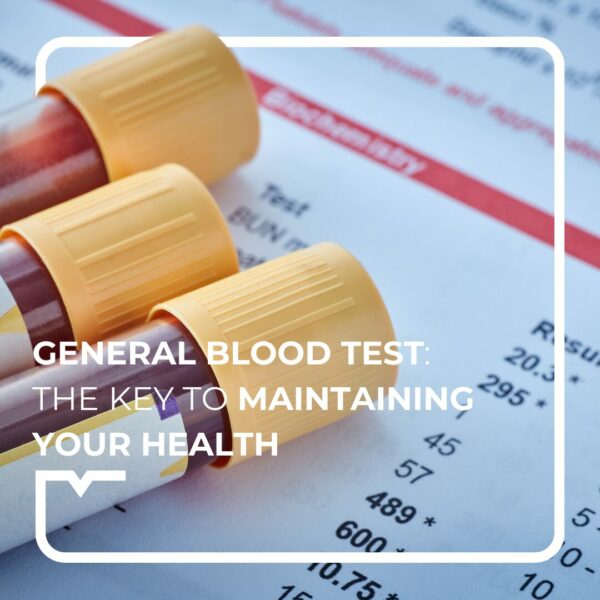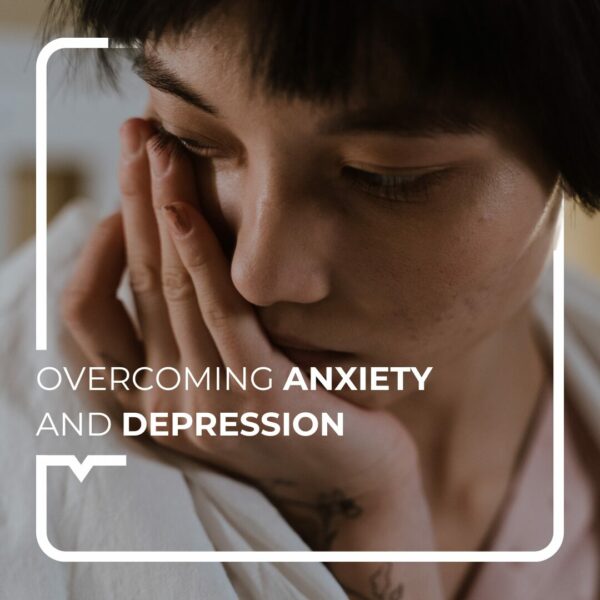At 23, Sophie begins to wonder after a risky encounter. Although she has no symptoms, she decides to learn more about sexually transmitted infections (STIs). Among them, chlamydia is one of the most common, particularly among young adults. Often silent, this infection can, however, lead to serious complications if not detected and treated.
What signs should you watch out for, what are the associated risks, and most importantly, how can you protect yourself effectively?
In this article, we delve into this discreet yet concerning infection, highlighting the importance of screening, available treatments, and essential prevention measures to safeguard your health.
I – What is a chlamydia infection?
Chlamydia infections are sexually transmitted infections (STIs) caused by the bacterium Chlamydia trachomatis. They are particularly common among individuals under 25 and are often asymptomatic, making diagnosis challenging.
II – Symptoms: a silent disease
In women, symptoms can be mild or completely absent. Possible signs include:
- Abnormal vaginal discharge (whitish or yellowish leucorrhoea);
- Pain or burning during urination;
- Pain during sexual intercourse;
- Bleeding between periods or after sex;
- Pelvic or abdominal pain.
In men, symptoms include:
- Burning during urination;
- Whitish discharge from the penis or rectum;
- Testicular or rectal pain.
In both cases, conjunctivitis can sometimes occur.
III – Diagnosis: simple and quick tests
Diagnosis is based on samples taken from the 1st morning urine stream, or directly from infected areas (cervix, penis, rectum, etc.). These samples are analysed using molecular biology techniques to confirm the presence of the bacteria.
IV – Complications: severe consequences if left untreated
In women
Untreated infections can lead to:
- Salpingitis (inflammation of the fallopian tubes);
- Infertility or ectopic pregnancy;
- Chronic pelvic pain. In pregnant women, it can cause premature birth or be transmitted to the newborn, resulting in eye or lung infections.
In men
Complications include:
- Inflammation of the testicles and epididymis (epididymitis);
- Prostatitis (inflammation of the prostate);
- Fiessinger-Leroy-Reiter syndrome (rare but severe).
V – Treatment and prevention
Antibiotic treatment usually cures the infection. However, reinfection is possible if partners are not treated.
To prevent Chlamydia infections:
- Use condoms during sexual activity;
- Get regularly tested, especially if you have multiple partners;
- See a doctor if you notice symptoms or after risky sexual contact.
VI – Early screening to avoid complications
Chlamydia infections can go unnoticed for months or even years. However, early screening and appropriate treatment are essential to avoid serious complications and protect both your health and that of your partners. At Alegria Medical Centre, we offer screening tests for sexually transmitted infections, including Chlamydia.
Here’s how it works:
- Consultation at Alegria Medical Centre: You start with a consultation with a healthcare professional to discuss your concerns and medical history.
- Sample collection: Samples are taken from the 1st morning urine for men and a genital swab for women.
- Analysis: Samples are analysed for the presence of Chlamydia, herpes, Mycoplasma genitalium and gonococcus, among other infections.
- Results: If the results are negative, you will be notified by email. If the results are positive, your doctor will contact you to discuss the findings and send you a prescription by email.
Consult a healthcare professional for any questions or concerns regarding STIs, and feel free to book an appointment for early screening, essential to avoid complications.



